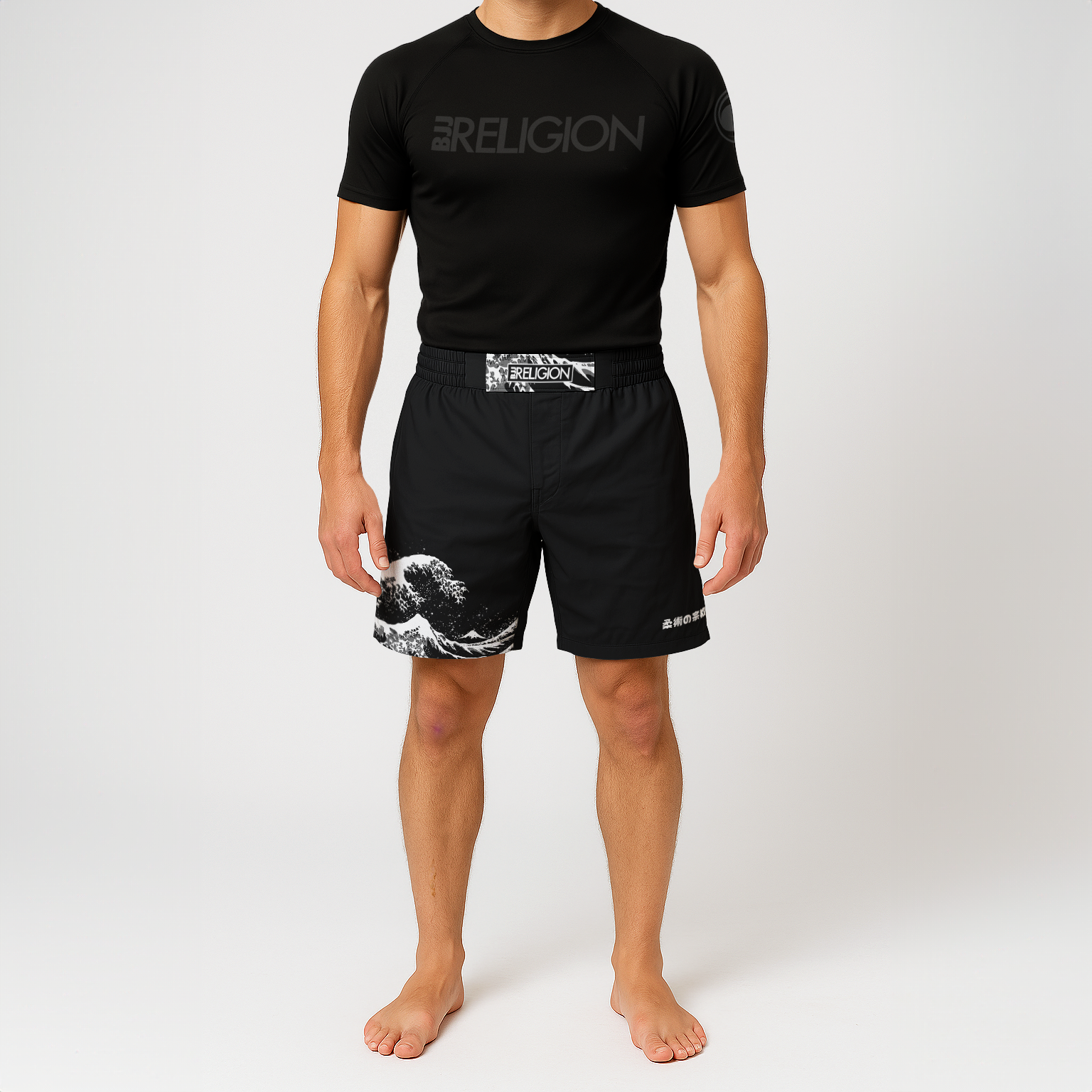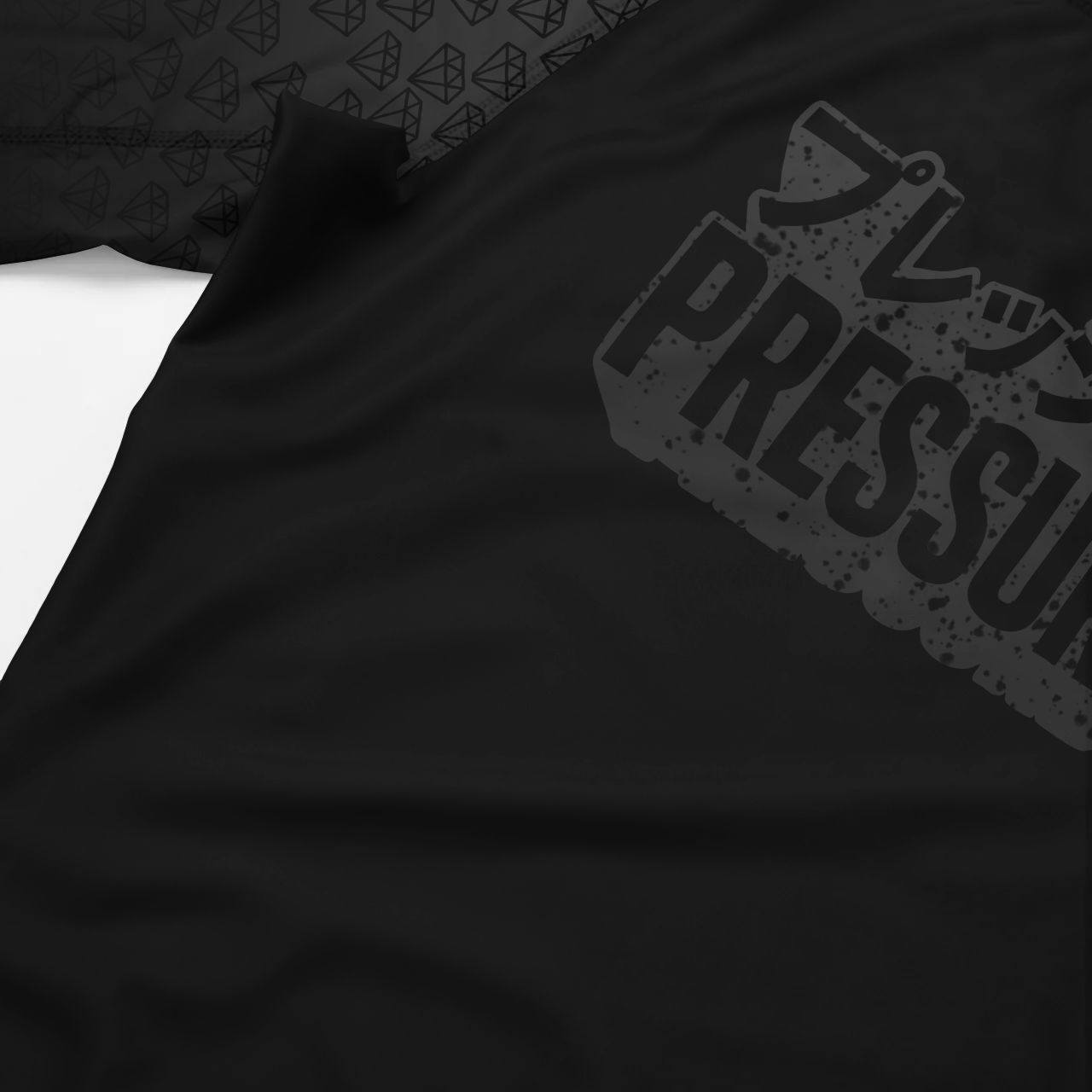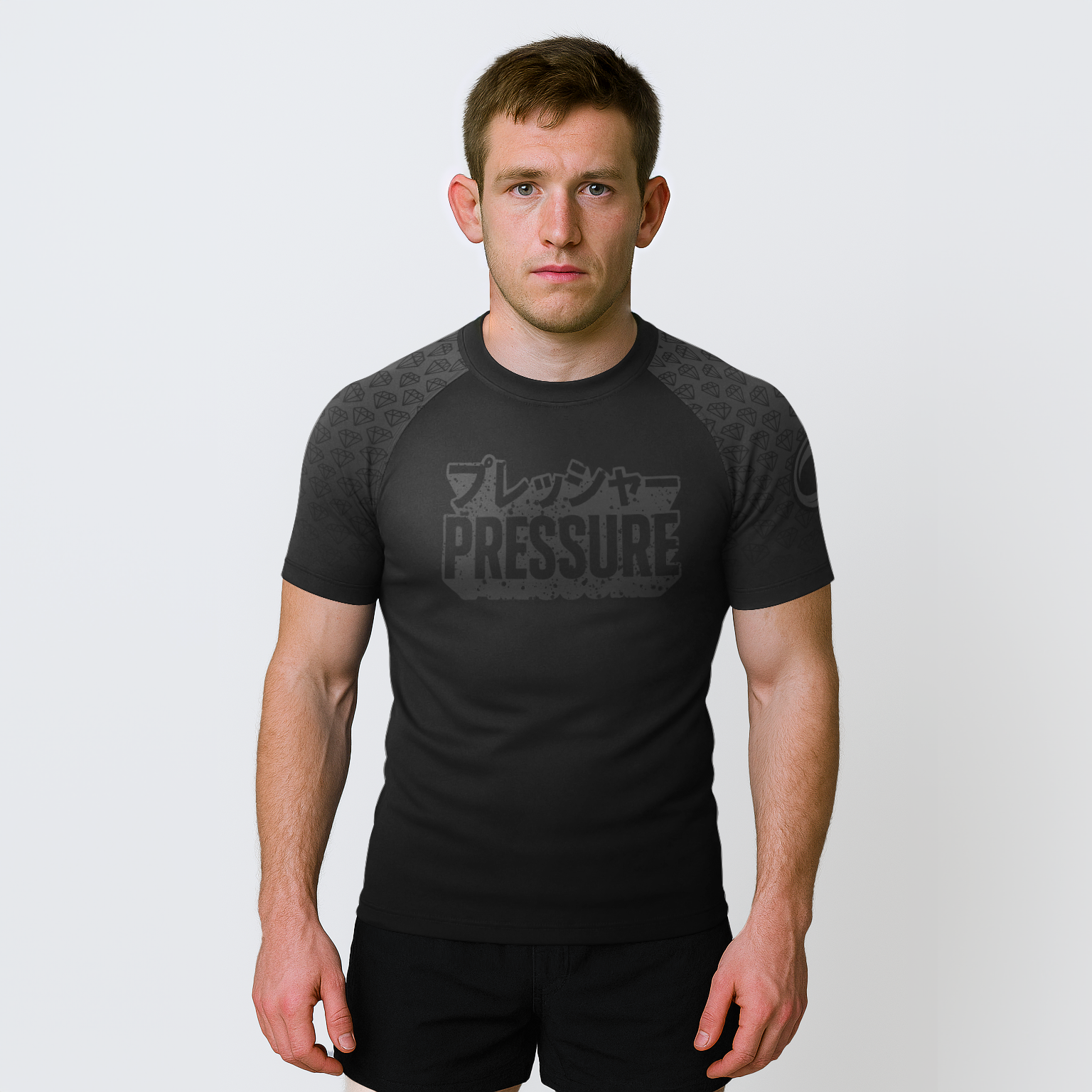BJJ Competition: Pros and Cons
Stepping onto the mat for your first BJJ competition - it's a thought that keeps many new grapplers up at night. We envision the thrill of victory, but also the thought of defeat. This internal debate about whether or not you should compete is something that most Brazilian Jiu Jitsu practitioners face at some point in their journey.
I understand that mix of excitement and anxiety surrounding competitions. Over the past 13 years of training and competing, I've experienced wins, losses, and everything in between all all levels of competition - from small local tournaments like NAGA to IBJJF Worlds, Pan Ams, etc.
BJJ Competition: Weighing the Pros and Cons

Competition isn't for everyone, and despite what your instructor tries pushing on you - there's definitely no shame in dedicating yourself to BJJ without competing. But for those considering it, there are many benefits - and a few things to consider before committing to your first tournament!
The Upsides of Stepping on the Mat
Does Your Technique Actually Work?
Competition forces you to perform techniques under pressure against resisting opponents of relatively similar skill. Most importantly - opponents you have NOT faced before. Over time in the gym you start to learn your teammates styles and nuances, this is a great chance to see how your jiu jitsu stacks up against a new style. This trial-by-fire is unmatched in regular training sessions. You’ll find your ability to recall techniques and strategize improves dramatically, regardless of your belt level.
You'll Discover Your Cardio is Bad
Competition preparation elevates your training, going outside of working on your technique your cardio should be improving in the weeks coming up to your tournament. The problem is, no matter how good of shape you think you are in you will be hit with the fact that your competition cardio sucks.
Almost everyone I've ever know says the same thing when walking off the mat after their first match: "Holy sh** that guy was strong! I can barely feel my arms."
Unmasking Your Strengths and Weaknesses
Competing highlights your strengths and weaknesses in a way regular sparring sessions don't. A competition acts as a compass, showing areas needing attention, whether that's body mechanics or even simple things like adjusting your grips on your opponents bjj gi.
Sometimes the things you excel at in training don’t translate well to the competition mat. You might find surprises in your performance. Areas you thought needed work might hold up well, while strengths might falter under pressure, opening up valuable learning opportunities.
The Potential Downsides to Consider
Okay let me preface this section with this: there is NO downside to competition.
However, there are nuances and things to consider before rushing into a competition. There’s unavoidable stress that comes with competition, especially if you're new to competing.
Stress is Your New Training Partner
Tournament prep is demanding. Training, dieting, and managing expectations can create stress. This impacts more than just nerves.
Stress can affect other areas of your life, like work and relationships. Consider these factors when deciding to compete. Stress manifests differently for each person, from anxiety and trouble focusing, to apathy and moodiness.
Maintaining a balance is important. The drive for winning a $5 medal against a few other hobbiest practitioners shouldn’t eclipse other essential aspects of your well-being. Competing introduces challenges that demand attention.
Elevated Risk of Injury

In competition, the desire to win can cloud judgment, leading to reckless moves. This increases the risk of injury. So approach training intelligently, push your limits safely, but avoid recklessness on the mat. Prioritize a healthy and sustainable training camp.
The Temptation to Run from Your Weaknesses
It’s tempting to focus solely on strengths, neglecting weaknesses. This drive to win can blind us to needed improvements. Competition exposes weaknesses, which can be discouraging.
Some may avoid focusing on weaknesses for fear of embarrassment during competition. Remember, embracing these challenges fosters growth in your BJJ journey and deeper understanding of the martial art.
Utilize competition as motivation to round out your skill set and strive for technical proficiency. Address your weaknesses rather than shying away from them.
Here's one last hint: the basics work in competition - at any level. Push your experimental squid guard game to the side for your first competition - focus on executing the fundamentals and you will be fine!
Conclusion
Deciding to compete is a personal choice. By weighing the BJJ competition pros and cons, you can choose confidently. Remember, lost matches aren’t failures, but learning experiences to enhance your BJJ journey. And remember that in the end while you will have teammates and perhaps family there watching - win or lose no one will remember your matches but you and your opponent.
Go get 'em!



































































































